Finding True Freedom in Christ
In Addictions: A Banquet in the Grave, Edward T. Welch provides a deeply biblical understanding of addiction, identifying it not merely as a medical issue but as a spiritual struggle rooted in idolatry and misplaced worship. Welch’s title, drawn from Proverbs 9:17-18, illustrates the deceptive nature of sin: “Stolen water is sweet, and bread eaten in secret is pleasant. But he does not know that the dead are there, that her guests are in the depths of Sheol.” Addictions promise satisfaction but ultimately lead to destruction. Welch’s work points to Christ as the only true source of deliverance and lasting change.
The Heart of Addiction: A Worship Problem
Welch emphasizes that addiction is not fundamentally about chemicals, behaviors, or habits—it’s about the heart. He explains that addicts are not powerless victims, but worshipers who have given their hearts to a false god. Addiction is a spiritual problem that reveals a deeper allegiance issue. Welch writes, “Addicts are worshipers. Their heart’s desire rules them and controls them.”
Scripture affirms this. Ezekiel 14:3 warns, “Son of man, these men have taken their idols into their hearts.” Addiction thrives when something other than God takes center stage in a person’s life—whether that’s alcohol, drugs, gambling, pornography, or even approval from others.
Romans 1:25 explains the root of idolatry: “They exchanged the truth about God for a lie and worshiped and served the creature rather than the Creator.” Welch asserts that addiction is an expression of this exchange—a surrender to counterfeit gods that never deliver what they promise.
Understanding Addiction as Bondage to Sin
While addiction does affect the brain and body, Welch warns against excusing sin by reducing addiction to a mere disease. He points out that Scripture describes enslaving patterns of sin long before modern psychology identified addiction. Jesus said, “Truly, truly, I say to you, everyone who practices sin is a slave to sin” (John 8:34). Addiction enslaves the will, distorts desires, and drives a person to pursue self-destructive behavior.
However, Welch does not dismiss the suffering of those trapped in addiction. He recognizes the complex mix of sin and suffering, acknowledging that addiction often develops in response to pain, anxiety, or unmet needs. But Welch consistently points to the power of Christ to break the cycle of sin and provide hope for lasting change.
The Path to Freedom: Repentance and Faith
Welch highlights repentance as the first step in overcoming addiction. He writes, “Repentance is turning from the idol you once served and turning toward Jesus Christ in faith.” True repentance involves more than regret—it is a heartfelt response to God’s grace that leads to a transformed life (2 Corinthians 7:10).
1. Recognizing and Confessing Sin
The first step is acknowledging addiction as sin rather than merely a disorder or weakness. Proverbs 28:13 teaches, “Whoever conceals his transgressions will not prosper, but he who confesses and forsakes them will obtain mercy.” Confession brings addiction into the light where healing can begin (1 John 1:9).
2. Pursuing New Desires
Welch emphasizes that repentance is not only turning away from sin but turning toward Christ. Addiction must be replaced with new affections—affections for Christ and His Word. Psalm 34:8 invites believers to “taste and see that the Lord is good!” Finding satisfaction in Christ uproots the deceptive appeal of sinful habits.
3. Living in God’s Strength
Breaking free from addiction requires more than human resolve—it demands dependence on God’s strength. Welch reminds readers of Paul’s encouragement: “I can do all things through him who strengthens me” (Philippians 4:13). The Holy Spirit empowers believers to resist temptation and develop new patterns of righteousness (Galatians 5:16-17).
4. Walking in Community
Welch underscores the vital role of the local church in overcoming addiction. He writes, “Addiction thrives in secrecy but dies in community.” Believers need accountability, encouragement, and prayer as they pursue freedom in Christ (James 5:16; Hebrews 10:24-25). The church is a God-ordained means of grace for those battling persistent sin.
Hope in Christ for Lasting Change
Welch’s work ultimately directs readers to the gospel as the only true source of deliverance. Jesus’ death and resurrection provide the power to break free from the chains of addiction. Welch assures readers that no addiction is too powerful for God’s grace. As Romans 6:14 declares, “For sin will have no dominion over you, since you are not under law but under grace.”
For those struggling with addiction, Welch offers this hope: “Your greatest need is not sobriety but to know and trust Jesus Christ. He alone offers peace, joy, and freedom that no false god can provide.”
Conclusion
Addictions: A Banquet in the Grave offers a powerful, biblically faithful approach to understanding and overcoming addiction. By identifying addiction as a worship problem, Welch directs readers to the true solution found in repentance, faith in Christ, and dependence on God’s strength. Through the power of the gospel, those enslaved to addiction can find true freedom and lasting joy in Christ. As Jesus promised, “If the Son sets you free, you will be free indeed” (John 8:36).







